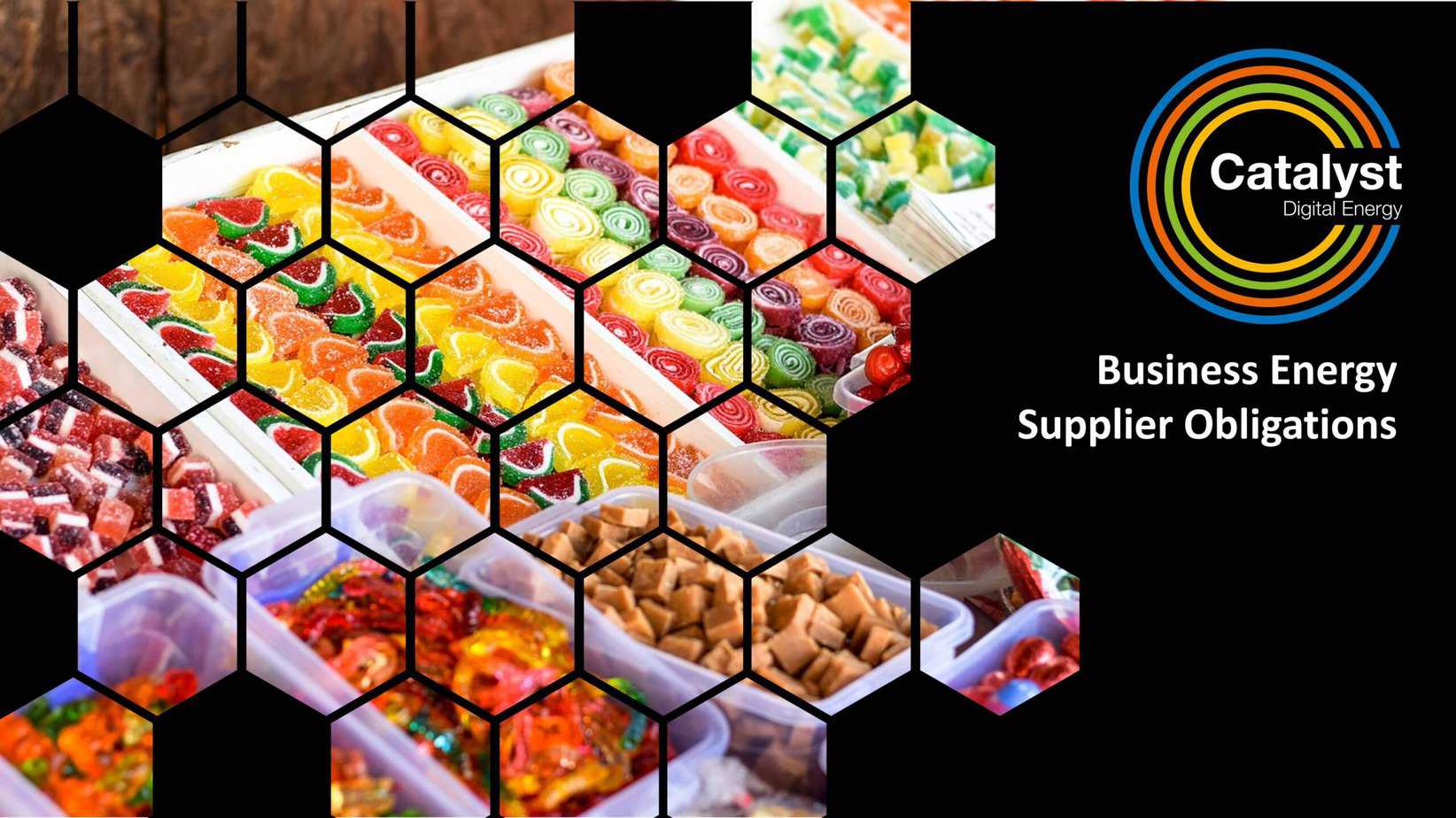Business Energy Supplier ObligationsConsultation issued on changing non-domestic supplier obligations

Business Energy Changes
Business Energy Supplier Obligations were reviewed during Decemebr as Ofgem published a statutory consultation following its non-domestic market review, setting out a number of proposals around the Standards of Conduct (SoC), Third Party Intermediaries (TPIs), customer support, and complaints handling standards.
Ofgem is proposing to expand the scope of the SoC so that they apply to all non-domestic consumers regardless of size.
Currently, the SoC only applies to microbusiness consumers and requires suppliers to behave and carry out actions in a fair, honest, and transparent manner, alongside improving ease of contact and provision of information.
The business energy supplier obligations expansion aims to address the number of complaints from business customers that sit outside of the microbusiness definition, including billing problems and poor customer service issues that are not resolved in a timely manner.
Ofgem also proposed that changes should be made to expand the Gas and Electricity (Consumer Complaints Handling Standards) Regulations 2008 (CHS) to apply to ‘Small Business Consumers’.
This is to align with the government’s open consultation on expanding access to the Energy Ombudsman to include Small Business Consumers and follows many responses from stakeholders about poor complaints handling by suppliers for customers larger than microbusinesses.
The proposed definition for a Small Business Consumer is “a non-domestic customer who:
> employs fewer than 50 employees
> and has an annual turnover of no greater than £6.5mn
> or balance sheet total no greater than £5.0mn;
> or uses no more than 500,000 kWh of electricity per year;
> or uses no more than 500,000 kWh of gas per year”.
This would encompass a further 4% of the UK business population compared to the current microbusiness definition, bringing the total percentage of businesses covered to 99%.
Ofgem is also looking to increase third party cost transparency and amend the presentation requirements.
It is proposing that suppliers provide all non-domestic customers with details of third party service fees that are charged via a customer’s energy bill.
Fees must be presented as a cost per unit where it forms part of the unit price of energy, or a cost per day (month) where it forms part of the daily (monthly) standing charge.
For microbusiness customers, suppliers must also present the figure as a lump sum. Responses to the consultation are requested by 31 January 2024.
About Catalyst
Catalyst Digital Energy is an award-winning energy consultancy with a focus on digital energy services, total energy contract lifecycle management and energy management services. It is revolutionising how businesses manage energy with its unique Energy Spend Management Platform, which is powered by Robotic Process Automation (RPA) EaaSi®.
Catalyst is digitising all aspects of energy, including billing, data, consumption, spend, payments, procurement and emissions reporting. When combined with its fully funded renewable energy solutions, Catalyst offers a unique and powerful approach to managing energy.




